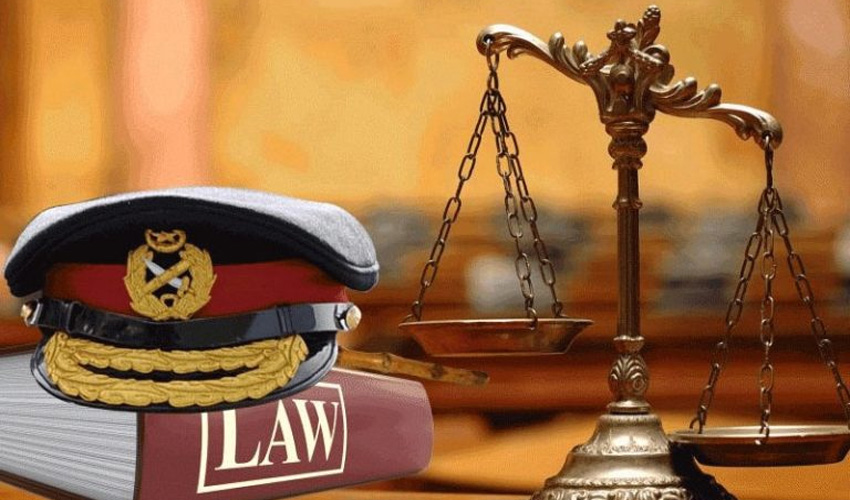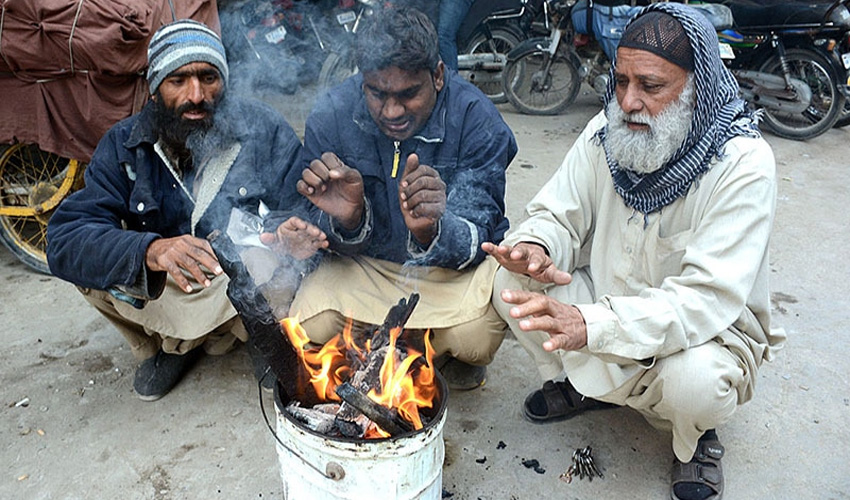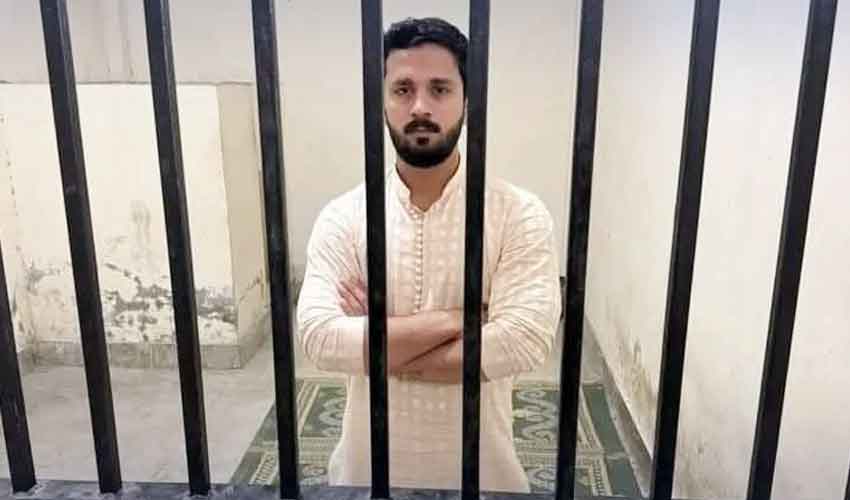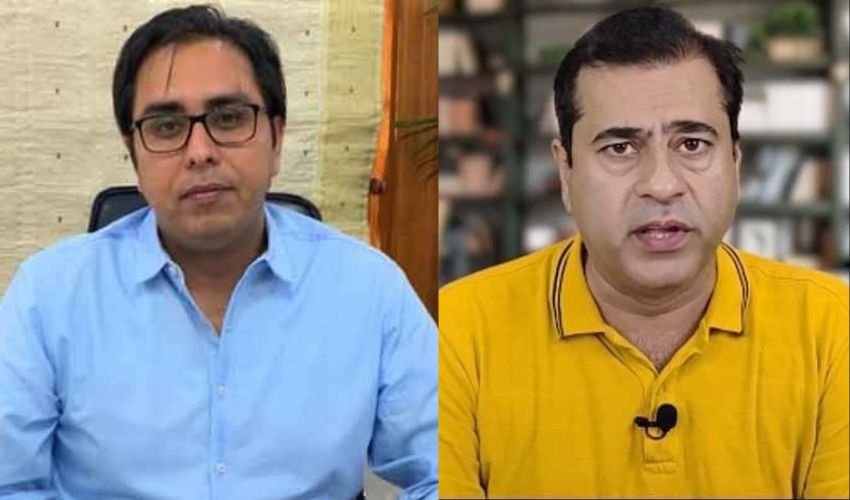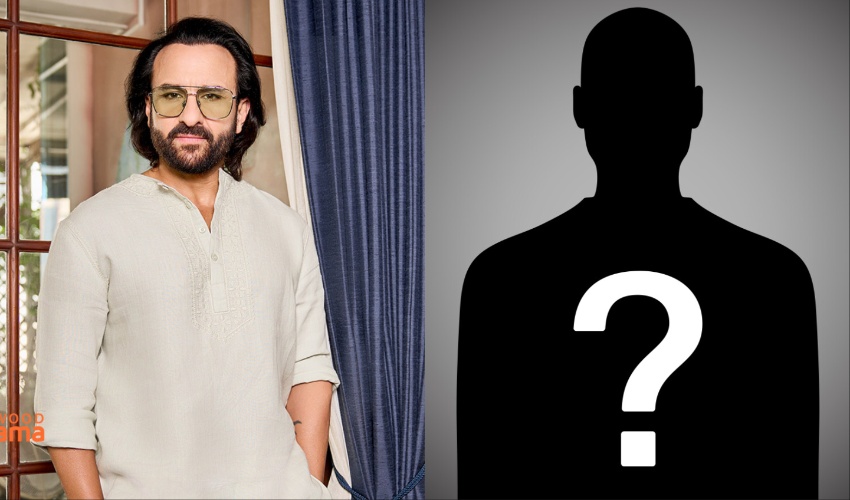The Constitutional Bench of the Supreme Court on Thursday directed the Ministry of Defense to provide detailed information regarding military trials of civilians conducted thus far.
A 7-member Constitutional Bench - led by Justice Aminuddin - convened to address the ongoing legal battle surrounding the military courts' jurisdiction over civilian trials.
The bench includes Justices Jamal Mandokhel, Muhammad Ali Mazhar, Hassan Azhar Rizvi, Masrat Hilali, Naeem Akhtar Afghan, and Shahid Bilal Hassan.
The proceedings began with Ministry of Defense lawyer Khawaja Haris arguing in favor of military trials for civilians, asserting that if the relevant sections of the law are deemed correct, the petitions against such trials would be inadmissible. Haris maintained that the established procedure for military trials was followed meticulously.
However, Justice Hassan Azhar Rizvi raised concerns about the transparency of the military trials, particularly questioning whether the accused were afforded the opportunity to present witnesses and whether the standard of evidence in the trials was in accordance with legal requirements. The court had previously requested the records of military trials but had been refused access. Rizvi emphasized that the court was not seeking a review of the trial’s merits but instead wanted to ensure that due process and fair trial rights were upheld.
Court's request for records
In response, Khawaja Haris agreed to provide the court with the record of one military trial case for review. Justice Muhammad Ali Mazhar echoed concerns about the fairness of military trials, stressing that while the court cannot review the merits of the trial, it must ensure that the procedure followed complies with the standards of a fair trial as enshrined in the Constitution.
Justice Hassan Azhar Rizvi reinforced the point, asserting that the court was only interested in reviewing the process of evidence presentation and the opportunity for the accused to present a defense, in line with the principles of natural justice.
The bench further emphasised that no one should be punished without a fair hearing.
Arguments on fair trial
As the hearing progressed, Khawaja Haris argued that petitions challenging the military trials were inadmissible under the existing laws, citing Articles 8(3) and 8(5) of the Constitution, which he claimed rendered the petitions invalid. He asserted that no further review of the trial records was necessary as the military courts had followed the law in their procedures.
Justice Muhammad Ali Mazhar, however, stated that even in the absence of Article 10A, which guarantees the right to a fair trial, the procedures in military trials must still align with legal norms. Justice Jamal Mandokhel raised concerns about whether the military trial laws could be amended, while Justice Musarrat Hilali asked for clarification on why the need for Article 10A had arisen in the first place.
The Army act and civilian trials
A key point of contention during the proceedings was the Army Act’s provision regarding the military trial of civilians. Justice Jamal Mandokhel questioned whether the Army Act, originally intended to regulate the discipline of armed forces personnel, was being misapplied to civilians. He pointed out that had separate legislation existed for criminal offenses, the issue of military trials for civilians might not have arisen.
Khawaja Haris defended the Army Act, asserting that its purpose was to ensure that military operations were not hindered, and that the application of the law to civilians was an ongoing process of legal reform. However, Justice Naeem Akhtar Afghan raised concerns about the inclusion of civilians under the law, noting that the 1967 amendment, which introduced the term "any person," had expanded the scope of military courts to include civilians, including retired officers.
The court also discussed the implications of this amendment, with Justice Naeem Akhtar Afghan highlighting that if the amended section of the law were found to be invalid, it could invalidate all military trials of retired officers, including the ongoing case of FB Ali. He suggested that a constitutional amendment may have been necessary to facilitate the trial of civilians in military courts.
Need for clarity in Law
Justice Naeem Akhtar Afghan remarked that the recent introduction of Article 10A on fair trials has sparked continued debate in the courts, with even retired officers previously falling under the ambit of military trials. The addition of civilians to this list, he said, might have been a legislative oversight, potentially necessitating a constitutional amendment for clarity.
In response, Khawaja Haris argued that the constitutional amendment for civilian trials was made for a different purpose. However, the court was not persuaded and directed the Ministry of Defense to provide detailed records of all civilian trials conducted under the military courts, excluding cases like that of Kulbhushan Jadhav.
The Constitutional Bench emphasized that while it was not reviewing the merits of the trials, it was imperative that the law’s application to civilians be transparent and in alignment with constitutional guarantees. The court also instructed the Ministry of Defense to provide details on the classification of military court trials of civilians, as discussed in previous court decisions.
As the hearing concluded, the court adjourned the case for further deliberations, with a focus on examining the records of military trials for civilians and determining the adequacy of legal safeguards. The bench underlined its commitment to ensuring that the rights of the accused are not compromised and that the legal process remains fair and just.





